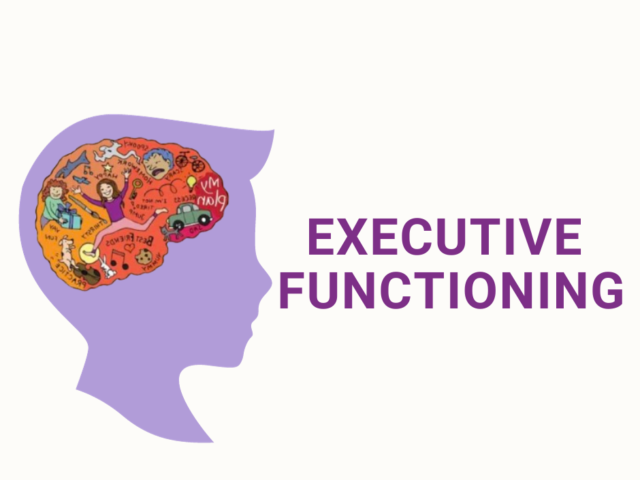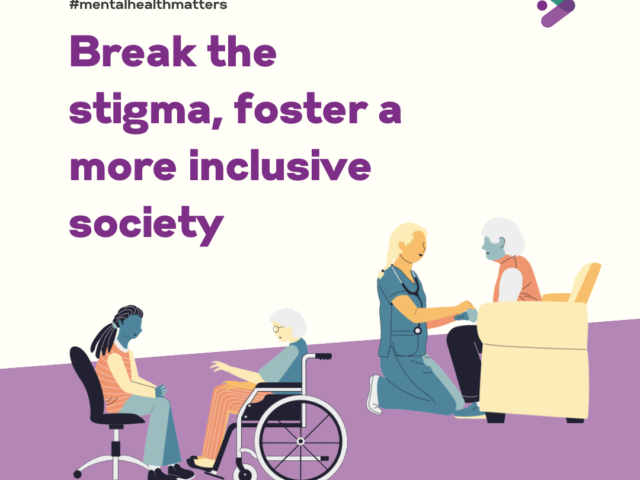What Might Be Helpful With Your Child’s Going Back To School’ Worries? By Jessica Benson-Lidholm
Going back to school can be stressful for everyone in the family. New faces, new rooms, new teachers, etc. For some children and teens (and adults too!), change can be incredibly difficult to move through. Sometimes it can be useful to sit down with your child or teen and discuss what might feel scary or difficult about returning to school and...










